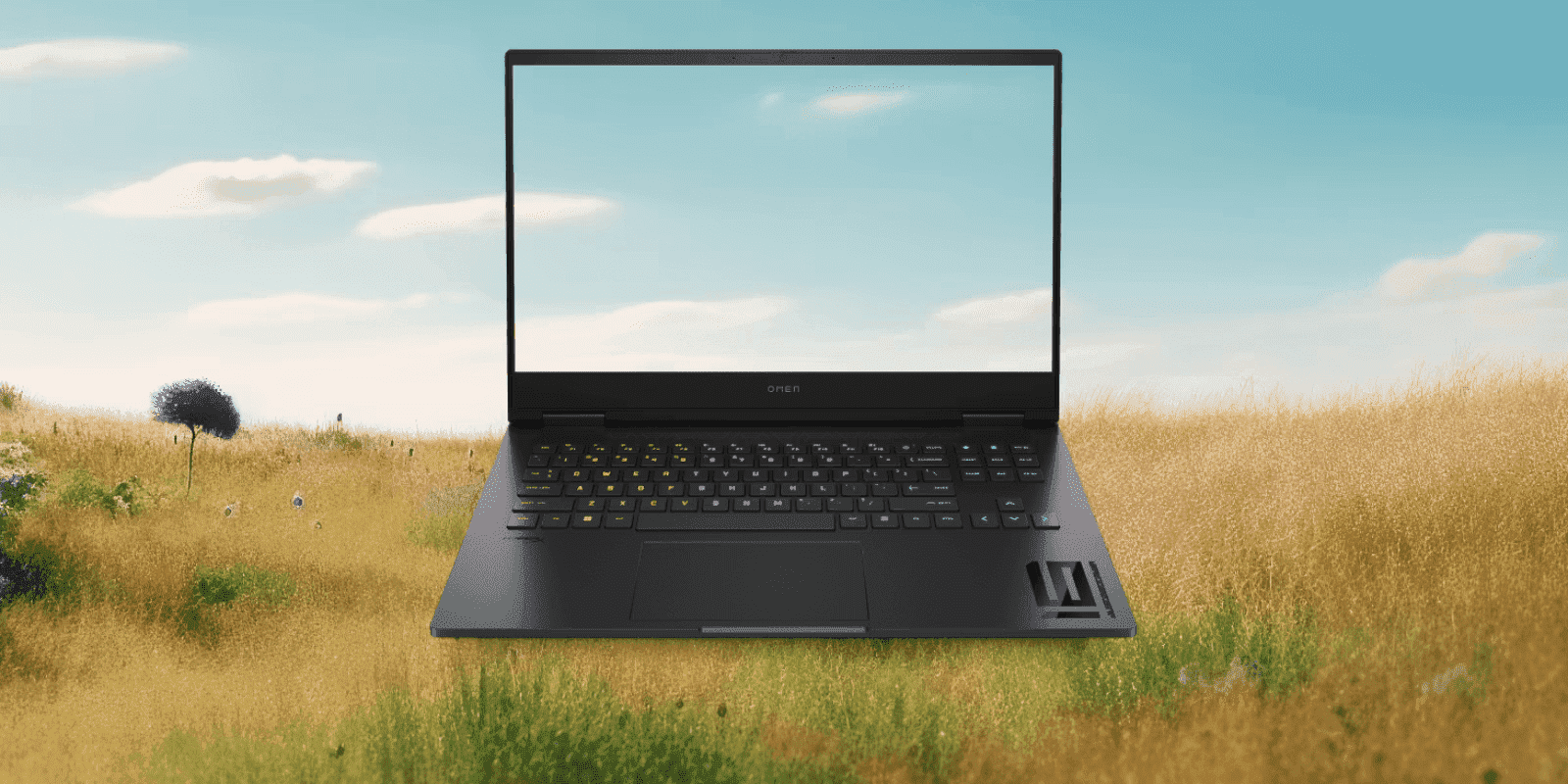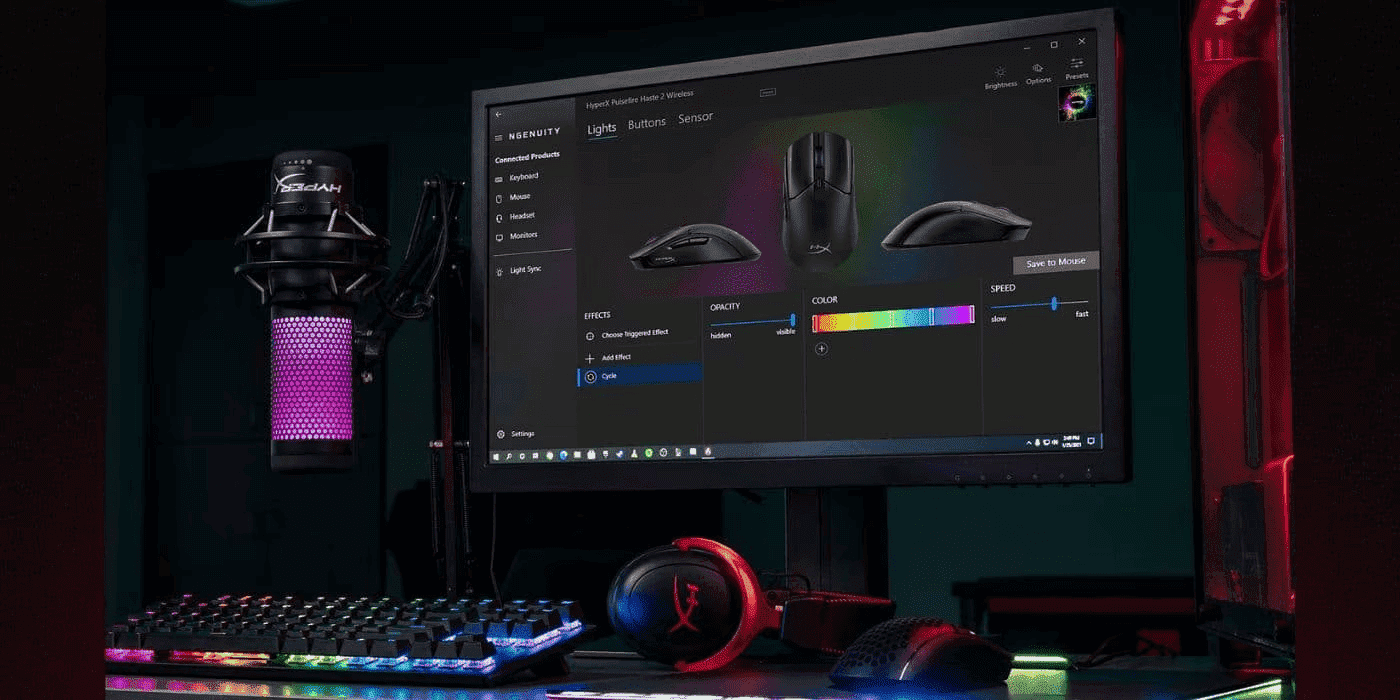Thank you for visiting the MALAYSIA HP Store
-
Contact Us
CONTACT USCall us
- Sales
- 1800 88 4889
- Technical support
- 1800 88 4889
Mon-Fri 8:30AM to 5:30PM
(exc. Public Holidays)
Chat with us- Our specialist are here to help
- Live Product Demo
- Sales
- 60166999350(WhatsApp)
-

Mon-Fri 8.30am - 5.30pm
(exc. Public Holidays)
Live product demo
Store finder Locate our storesSubmit feedback We value your opinion! - Location
- My Account
Microsoft Copilot’s Impact on Healthcare in Malaysia


The era of artificial intelligence (AI) and advanced supercomputing technology has arrived in Malaysia, and it’s not just a trend - it’s a transformative force reshaping our healthcare landscape. As Malaysia continues to strengthen its position as a regional hub for medical tourism and healthcare innovation, we’re excited about AI’s potential to revolutionise medical care across the nation. In this article, we’ll explore how AI-guided systems, specifically Microsoft Copilot, are transforming healthcare delivery and how HP’s solutions are supporting this technological evolution.
AI-driven technologies in healthcare: a new era of patient care
AI-powered tools in healthcare are about more than just speed and accuracy - they’re about improving patient outcomes across Malaysia’s diverse healthcare ecosystem. These technologies are making a tangible difference in patient care by providing faster diagnoses and more personalised treatment plans.
Enhancing Medical Imaging and Diagnostics
One of AI’s most significant roles in healthcare is automating and enhancing diagnostic processes, particularly in medical imaging. AI is fundamentally changing how we approach disease diagnosis by:
-
Accelerating the analysis of medical images
-
Extracting valuable insights that the human eye might miss
-
Spotting complex patterns through deep learning models
This level of precision and efficiency is bringing an in-depth perspective to imaging technology, allowing for earlier detection and more accurate diagnoses.
Streamlining Clinical Workflows
Microsoft Copilot, an AI assistant, is at the forefront of this healthcare revolution. It’s helping medical professionals to:
-
Aid in patient care decisions
-
Optimise clinical workflows
-
Support medical research
For health IT managers implementing AI solutions, Copilot offers a convenient, interactive, and personalised tool to improve operational efficiency.
Advantages of Microsoft Copilot in healthcare
The long-term benefits of integrating Microsoft Copilot into healthcare environments are extensive:
-
AI-powered diagnostics and treatment planning
-
Optimised clinical workflows and operational standards
-
Contributions to medical research and discoveries
These advantages collectively work to improve patient outcomes and create a more sustainable healthcare system.
Personalised and Predictive Care
AI analytics, including those powered by Copilot, can make patient-centred care more:
-
Personalised
-
Predictive
-
Preventative
This approach allows clinicians to develop effective recovery plans for larger caseloads while potentially alleviating staff fatigue and burnout.
Incorporating Microsoft Copilot into healthcare systems
To fully leverage the power of AI in healthcare, it’s crucial to have the right equipment. For healthcare professionals managing diverse patient populations, HP offers powerful business laptops designed specifically for the healthcare sector.
The HP EliteBook 840 14 inch G11 features the latest Intel® Core™ Ultra processor technology with built-in AI capabilities, making it ideal for healthcare professionals who need powerful computing capabilities. With its 14-inch WUXGA display and enhanced security features, it provides the perfect balance of performance and protection for sensitive medical data.
For healthcare facilities requiring additional computing power, the HP Pro Tower 400 G9 offers robust processing capabilities and enhanced security features. These business desktops are specifically engineered to support healthcare providers with secure care coordination and simplified workflows.
Overcoming obstacles: ethical AI and cybersecurity in healthcare
As we integrate AI into healthcare, particularly in the Malaysian context, it’s crucial to address challenges related to ethics and security. Healthcare providers must consider the unique requirements of Malaysia’s diverse population and healthcare infrastructure.
Ethical AI in Healthcare
To ensure ethical AI implementation, we must focus on:
-
Eliminating biases in AI algorithms
-
Providing inclusive, diversified data for AI analysis
-
Accounting for cultural sensitivities and accessibility
-
Ensuring compatibility with Malaysian healthcare regulations
AI and Cybersecurity in Healthcare Settings
With the increased digital transfer of sensitive medical information, robust cybersecurity is paramount. Modern healthcare facilities require comprehensive security solutions that protect patient data while enabling efficient workflows. HP’s security features are designed to meet these demanding requirements, with multiple layers of protection across hardware and operating systems.
The future of AI in healthcare: reaching new heights
As we look to the future of healthcare in Malaysia, we anticipate:
-
Increased healthcare equity through more comprehensive datasets
-
Advancements in next-generation robotics and AI-as-a-service
-
A cohesive structure of deep learning, hypercomputing, and robotics
-
Enhanced telemedicine capabilities for reaching rural areas across Peninsula and East Malaysia
While the full impact of these emerging technologies is yet to be seen, the potential for transformative change in Malaysian healthcare is immense.
Conclusion
Microsoft Copilot and AI-driven technologies are set to enhance patient care, optimise clinical workflows, and support groundbreaking medical research across Malaysia. The integration of AI solutions in healthcare settings represents a significant step forward in improving healthcare delivery and patient outcomes.
From AI-enhanced computing solutions to cutting-edge hardware, HP is committed to providing the tools healthcare professionals need to leverage these advancements. As Malaysia continues to embrace digital transformation in healthcare, investing in AI-enabled solutions becomes increasingly crucial for healthcare providers looking to deliver cutting-edge care.
- Sales
- 1800 88 4889
- Technical support
- 1800 88 4889
Mon-Fri 8:30AM to 5:30PM
(exc. Public Holidays)
- Our specialist are here to help
- Live Product Demo
- Sales
- 60166999350(WhatsApp)
-

Mon-Fri 8.30am - 5.30pm
(exc. Public Holidays)
Live product demo









